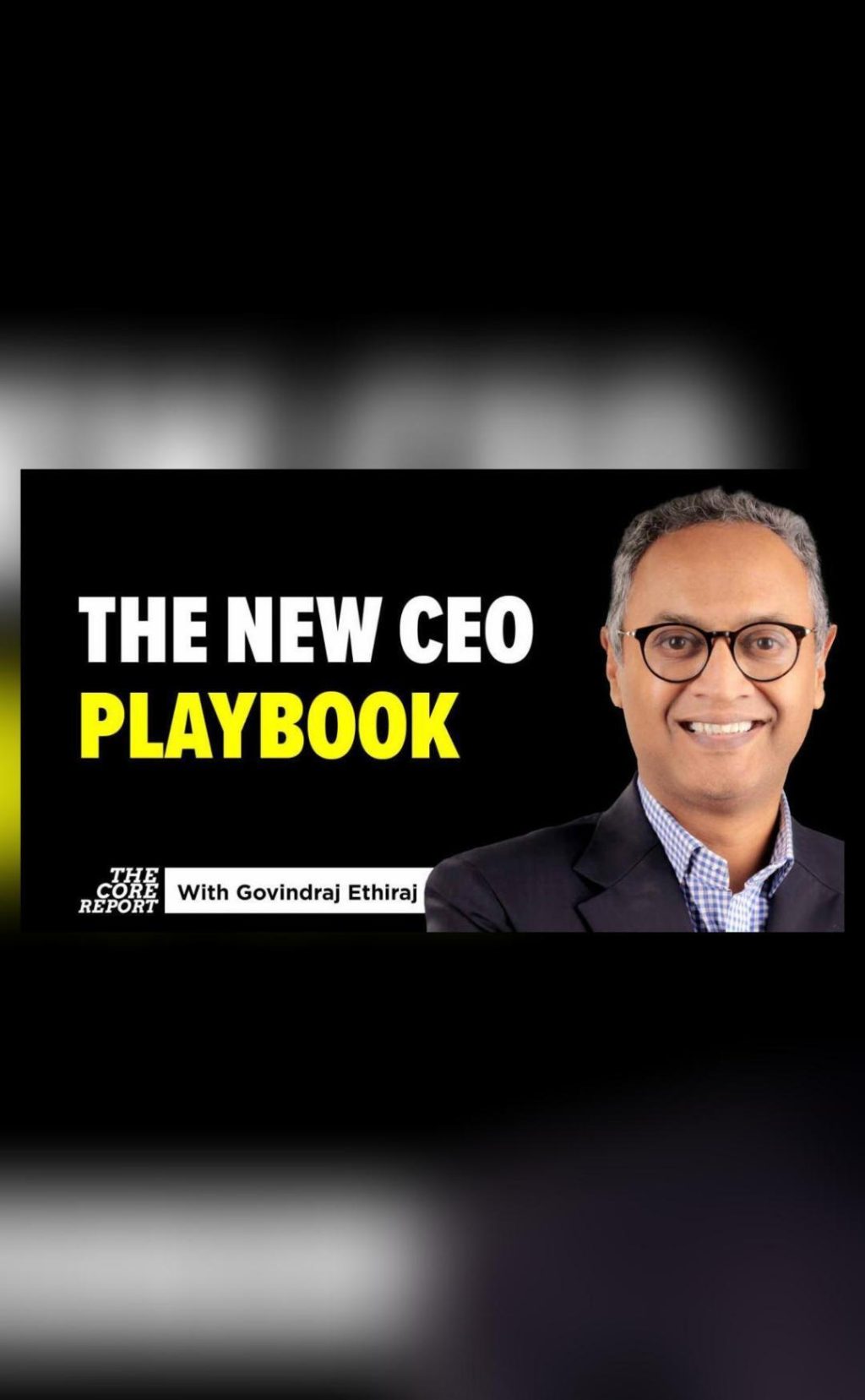
The New CEO Playbook: AI Pressures & Global Tariff Shocks
As the world becomes increasingly interconnected, CEOs are facing unprecedented challenges that threaten to upend long-held business models. The rise of artificial intelligence (AI) is reshaping industries, forcing companies to automate and innovate to stay competitive. Meanwhile, global tariff shocks are disrupting trade, making it crucial for business leaders to rethink strategy and operations in an uncertain environment.
In this rapidly changing landscape, CEOs must navigate internal pressures to adapt to AI-driven technologies, while also responding to external forces like shifting trade policies. With no guarantee of stability, companies are being pushed to localize, adapt, and reconsider their business models.
AI Pressures: The Need for Automation and Innovation
AI is transforming industries at an unprecedented pace. From customer service chatbots to predictive analytics, AI-driven technologies are revolutionizing the way businesses operate. For CEOs, this presents both opportunities and challenges.
On one hand, AI can help companies streamline processes, reduce costs, and improve efficiency. For example, AI-powered supply chain management can optimize inventory levels, reduce waste, and improve delivery times. On the other hand, AI-driven automation is displacing jobs, forcing companies to retrain and upskill their workforce.
To stay ahead of the curve, CEOs must prioritize AI adoption and innovation. This requires investing in AI research and development, as well as upskilling and reskilling their workforce to take advantage of new technologies.
Global Tariff Shocks: Disrupting Trade and Supply Chains
In recent years, global trade policies have become increasingly protectionist, leading to a surge in tariffs and trade tensions. For companies that rely on international trade, this presents a significant threat to their business model.
Tariffs can increase costs, reduce profit margins, and disrupt supply chains. For example, a study by the National Bureau of Economic Research found that a 10% tariff on Chinese imports could lead to a 1.4% reduction in US GDP.
To mitigate the impact of tariffs, CEOs must focus on localization and diversification. This involves reducing dependence on international supply chains and investing in local production and procurement.
The New CEO Playbook: 5 Key Strategies
In this uncertain environment, CEOs must rethink their strategy and operations to stay ahead of the competition. Here are five key strategies that CEOs can adopt:
- Localize and Diversify: Reduce dependence on international supply chains and invest in local production and procurement.
- Invest in AI Adoption: Prioritize AI research and development to stay ahead of the curve and improve operational efficiency.
- Upskill and Reskill: Invest in workforce development to take advantage of new technologies and stay competitive.
- Embrace New Business Models: Reconsider long-held business models and explore new opportunities in emerging markets.
- Stay Agile and Adaptable: Be prepared to pivot quickly in response to changing market conditions and shifting trade policies.
Conclusion
The rise of AI and global tariff shocks presents a significant challenge for CEOs. However, by embracing these changes and adopting a new playbook, companies can thrive in this uncertain environment.
As AI reshapes industries and tariff shocks disrupt trade, CEOs must be prepared to adapt and innovate. By localizing, diversifying, and investing in AI adoption, companies can stay ahead of the competition and build a sustainable future.
News Source:
This blog post is based on the video “The New CEO Playbook: AI Pressures & Global Tariff Shocks” by [news source]. The video explores the challenges faced by CEOs in a rapidly changing business environment and provides insights into the strategies that companies can adopt to stay ahead of the competition.






